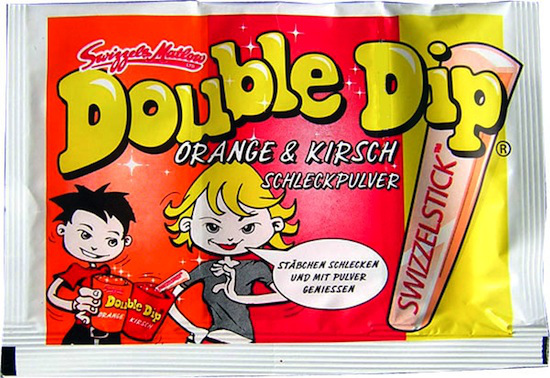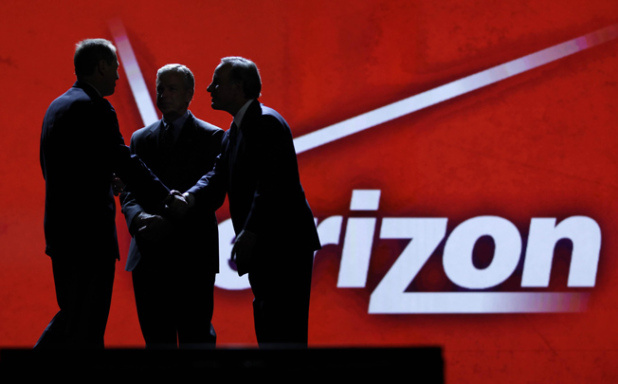 If there was one takeaway from this week’s International Institute of Communications’ annual conference in Ottawa, it was the strong after-taste of winning. It doesn’t have much to do with Charlie Sheen, but rather explains the Conservative government’s problems with the telecommunications industry. Simply put, one of them is winning and the other is not. It’s pretty clear to anyone watching which is which.
If there was one takeaway from this week’s International Institute of Communications’ annual conference in Ottawa, it was the strong after-taste of winning. It doesn’t have much to do with Charlie Sheen, but rather explains the Conservative government’s problems with the telecommunications industry. Simply put, one of them is winning and the other is not. It’s pretty clear to anyone watching which is which.
The point was driven home at IIC again and again. In my own facts-versus-myths panel, Scotia Capital and Genuity analysts Jeff Fan and Dvai Ghose respectively noted the failures of the government’s policy objectives from the 2008 wireless spectrum auction. With Public Mobile sold to Telus, Mobilicity on the brink of failure and Wind, well, twisting in the wind, it’s obvious that the government’s biggest attempt to inject more wireless competition into Canada hasn’t worked out very well. Or at least, it worked temporarily, but it’s increasingly looking like it’s going to sputter out.
Fan also pointed to how the CRTC’s move to effectively ban three-year wireless contracts has caused monthly prices to go up. That was actually a no-brainer that was easy to see coming - several observers (myself included) predicted big price increases just as soon as the regulator announced its plan back in June.
Bell Media president Kevin Crull spent a good portion of his IIC address talking about how the government’s current desire to implement pick-and-pay TV channels may not necessarily lower costs for consumers. “As we move forward in responding to consumers, we need to be clear that there is an inherent risk. When buying less, the unit cost is going to be higher and overall savings, if any, may be small,” he said.
The best summary of all of this was a conversation I had at the conference with Celia Sankar, head of the non-profit Diversity Canada Foundation. Sankar told me all about the class-action lawsuit she has launched against Bell over its prepaid wireless plans. She’s arguing that prepaid balances shouldn’t expire in Ontario because they qualify as gift cards. (It’s illegal for gift cards to have expiry dates in the province.)
Given how these things go, I asked her if she was prepared for the eventuality that, should Bell lose the case and be forced to sack the expiration, the company might simply jack up prepaid rates in return. Tellingly, she didn’t really have an answer for that.
When critics attack the government for rightly trying to lower consumers’ telecom bills, there’s an almost contemptuous undercurrent to their comments. When they gleefully point out that the Conservatives’ efforts to lower bills haven’t worked, there’s also a sub-text that suggests they never will. The kicker is, such observers are right because they understand Sheen-ian winning.
Telecom companies have certain revenue streams that they’re used to. In fact, they have a responsibility to shareholders to continually grow them. So, a scatter-shot approach by the government that takes aim at one issue at a time - whether it’s three-year contracts, roaming, pick-and-pay channels - isn’t going to work in the long run, because the companies will inevitably just recoup the lost revenue in other ways. Nail them here and they’ll get you back there.
Without some sort of dramatic, large-scale action - the complete removal of foreign-ownership restrictions, structural separation or even the formation of a crown corporation are just a few options - the companies are going to keep on winning. The government, despite its best intentions, is destined to keep on losing.







